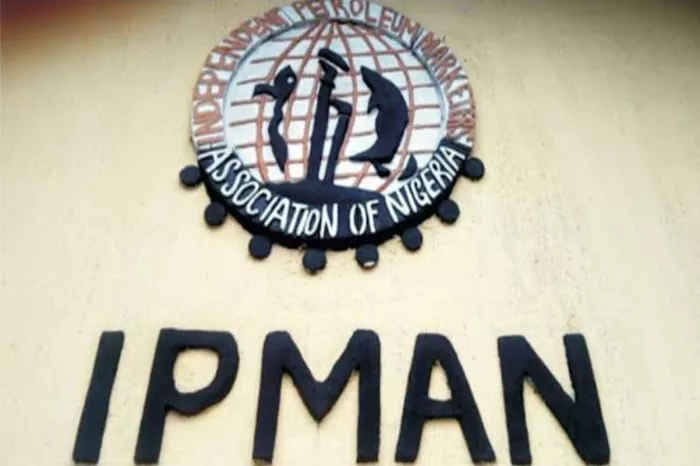The Independent Petroleum Marketers Association of Nigeria (IPMAN) is set to hold crucial meetings with Dangote Petroleum Refinery on Tuesday and Wednesday to negotiate costs associated with lifting petrol from the $20 billion refinery located in Lekki, Lagos.
IPMAN has characterized this upcoming agreement as an essential move in its ongoing efforts to enhance the lifting of petroleum products, which is vital for ensuring the stability and efficiency of Nigeria’s fuel supply chain.
On Sunday, IPMAN’s National Publicity Secretary, Chinedu Ukadike, expressed optimism about establishing a productive business relationship with the Dangote refinery. He stated that the association has taken significant steps to improve its operations by acquiring tank farms, thereby addressing a critical challenge that has previously impeded their activities.
Ukadike said, “We hope to sit down with Dangote maybe Tuesday or Wednesday. If they provide us with a pricing template, we will proceed accordingly. I want to reassure you that we have everything needed to off-take whatever Dangote offers. I’m unsure why there has been a delay in discussions with marketers; perhaps it is due to political factors.”
He emphasized that the IPMAN is well-prepared for competition in the market, indicating that improved distribution lines could lead to lower prices for consumers. “The more action we take in terms of distribution, the prices will decrease. We are not afraid of competition; we have organized ourselves and are ready to compete because it is the survival of the fittest,” he added.
In a related development, the Petroleum Retail Outlet Owners Association of Nigeria (PETROAN) has been requested by Dangote Refinery to reapply for petrol lifting. PETROAN has expressed optimism that the introduction of competition in the downstream oil sector will lead to reduced petrol prices in the near future.
PETROAN President, Billy Gillis-Harry, confirmed that his organization has been in communication with Dangote officials regarding this matter. “We have reached out to them several times, and they are fully aware of our efforts. One of their executive directors informed me that they are planning to set up a meeting with us soon, and we are hopeful that will happen this week,” Gillis-Harry stated.
He further indicated that PETROAN members are ready to lift products from various sources, including NNPC, traders, importers, and Dangote Refinery, underscoring a commitment to broadening their supply options.
On the potential for price reduction, Gillis-Harry stated, “Prices could drop to N700 per litre; however, this depends on market volatility. We could see downward price adjustments if supply is robust and competition increases.”
In addition, Ukadike mentioned that the Nigerian Midstream and Downstream Petroleum Regulatory Authority (NMDPRA) has issued bulk purchase licenses for independent marketers, facilitating off-take from the Dangote Refinery. He noted that the regulatory authority had promised to issue an import license to assist independent marketers further.
“The NMDPRA’s decision to issue bulk purchase licenses is a significant step towards deregulation. We need to ensure that all stakeholders operate on a level playing field,” Ukadike explained. “Previously, purchasing products at N1,040 was not competitive, making us overly dependent on NNPC.”
Ukadike also commented on the nearly N15 billion debt owed to oil dealers by the NNPC. He indicated that the NNPC management has agreed to process outstanding tickets, which would unlock funds necessary for operational expenses. “This is critical as locked-up funds often lead to bank charges, which ultimately affect fuel pricing,” he noted.
Furthermore, Ukadike advocated for government assistance in creating an energy bank to support marketers, citing rising interest rates as a significant concern that contributes to price increases. He emphasized the association’s collaboration with security agencies to prevent product theft and ensure the integrity of the supply chain.
Lastweek, The Minister of Finance, Wale Edun, announced that petroleum marketers are now permitted to lift petrol directly from local refineries without the intermediary role of the Nigerian National Petroleum Company Limited (NNPC). “This move encourages marketers to establish direct purchasing agreements with refineries on mutually negotiated commercial terms, promoting competition and enhancing market efficiency,” Edun concluded.
Related topic:
Why Is Diesel Fuel More Expensive Than Gasoline?

